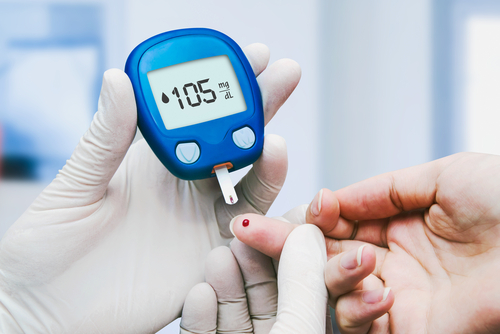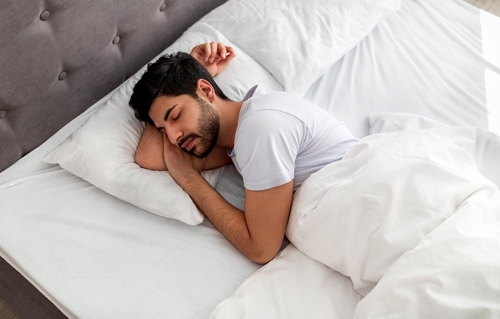The Interconnection Between Sleep Apnea and Diabetes
Sleep apnea and diabetes are two prevalent health conditions that affect millions of people worldwide. While they may seem unrelated at first glance, there’s a significant connection between them that’s worth exploring. Our Windsor, CT sleep apnea specialist, Dr. Roberta Garceau, can help you understand what sleep apnea and diabetes are, their relationship, and how managing one condition can impact the other.
To learn more about the connection between sleep apnea and diabetes, contact Dr Garceau by calling (860) 254-6189.


